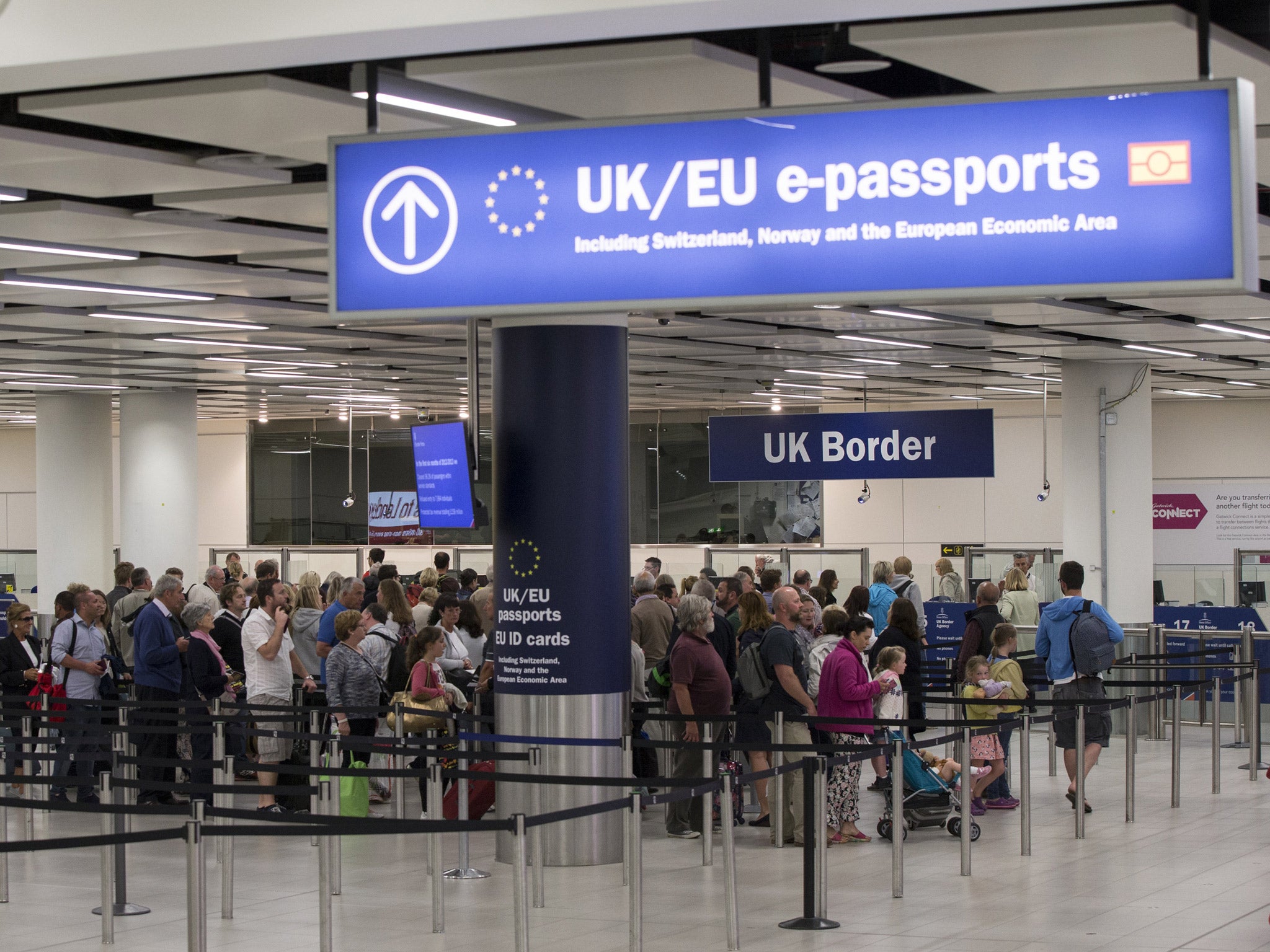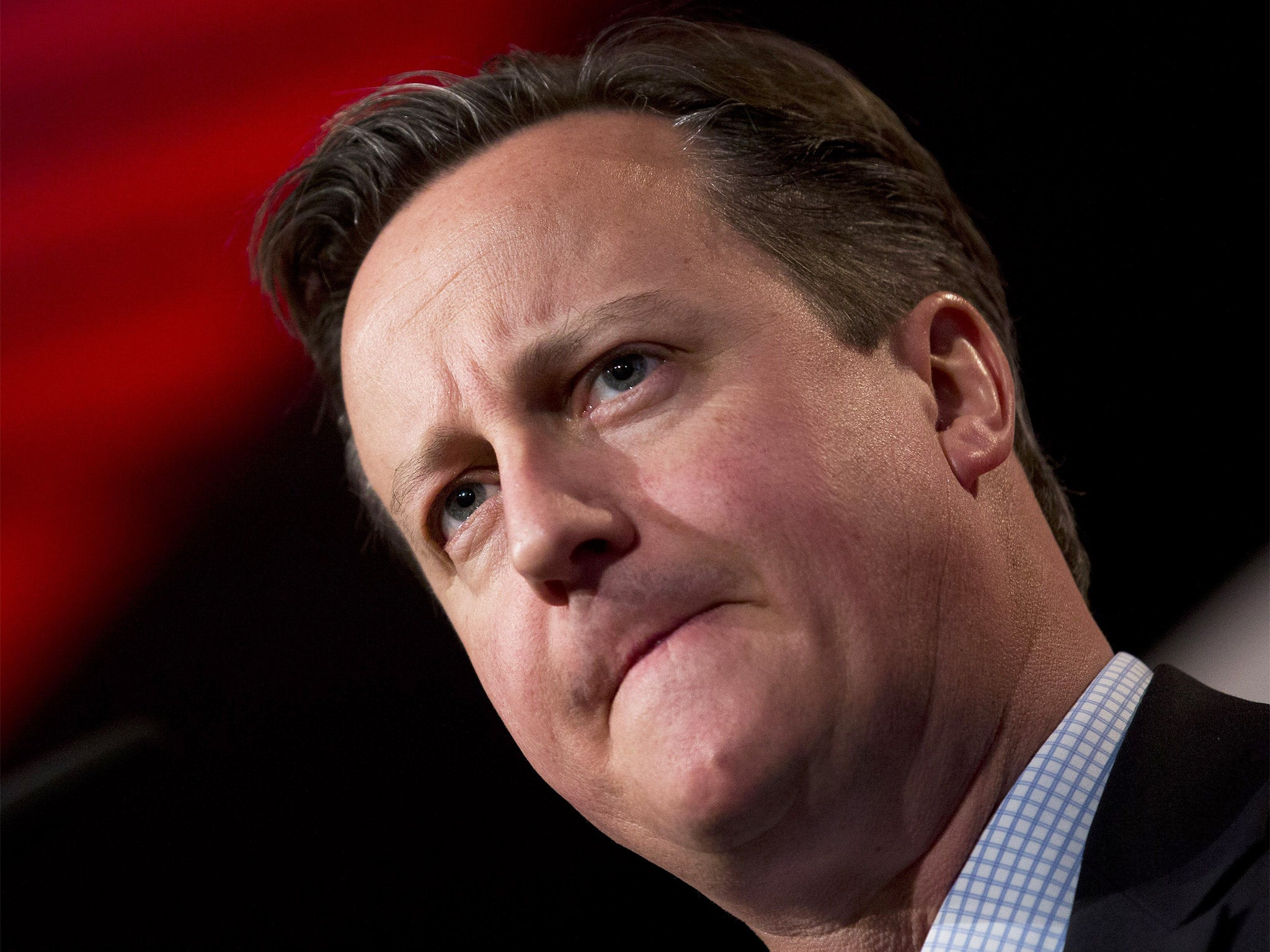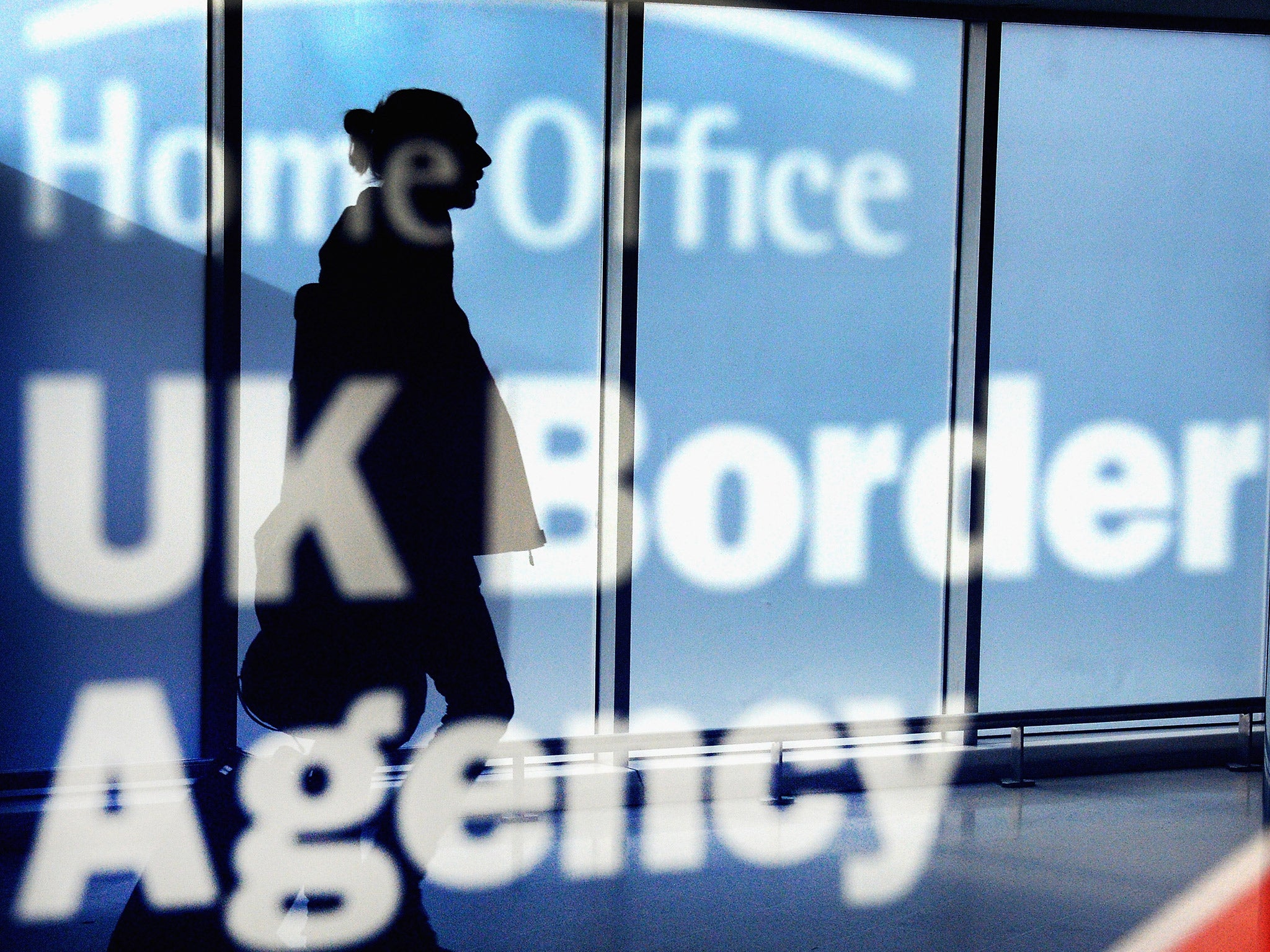Britain's foreign-born population has 'almost certainly passed eight million' for the first time
Official figures are likely to show the landmark was reached last year

Britain's foreign-born population has almost certainly passed eight million for the first time, according to experts.
Official figures due to be released on Thursday are likely to show the landmark was reached last year, analysts at The Migration Observatory at the University of Oxford said.
The forecast comes with ministers already braced for confirmation that net migration into the UK is at an all time high.
Previous data showed that in 2013 there were 7.9 million people living in the UK who were born overseas.
Madeleine Sumption, director of the observatory, said: "Given that we know net migration has been running in the hundreds of thousands since 2013, it would be surprising if the foreign-born population didn't go above eight million.
"The numbers have gone up steadily over time."
Immigration figures will also be published alongside the population data.

They could show the key measure of net migration - the difference between the number of people entering minus the number leaving - has reached a record level.
It will mean the Government's record on the issue and the Tories' aim to bring the figure under 100,000 come under intense scrutiny again.
Previous statistics showed that 2.7m of the foreign-born population were born in EU countries, while 5.2m were from nations outside the bloc.
The total of 7.9 million indicated that one in eight people living in the UK was born abroad and was a jump of 50.7% compared to nine years earlier.
However, the rate of increase in the foreign-born population has slowed in recent years - rising by 5.9% in 2011, 2.1% in 2012 and 1.3% in 2013.

Ms Sumption said that since 2004, EU migration has increased by more than non EU migration in percentage terms.
"Traditionally most immigration to the UK has been of non-EU citizens," she said.
"It remains the case that non-EU citizens make up a substantial share of the total, but recently the share of EU migration has approached about half of all non British migration, which is unusual by recent historical standards."
Expansion of the EU and the relatively fast recovery of Britain's economy are seen as key factors in the trend.
"In the last few years we have had a situation where the UK economy recovered a bit faster than in the other EU countries," said Ms Sumption.
Today, the Government announced fresh details of its new Immigration Bill, which is due to be introduced in the autumn.
Under the legislation, illegal immigrants caught working in the UK could face up to six months in prison and late-night takeaways and off-licences facing closure if they are found employing foreigners who have no legal right to be in the country.
Details of the legislation were revealed after the Government faced criticism for its handling of the Calais crisis and days before the release of the latest immigration figures.
The last set of data showed that net long-term migration - the number of people entering the country minus the number leaving - was 318,000 in 2014.
Only a small increase would be needed in the new statistics to surpass the highest figure on record, which was 320,000 in the year to June 2005.
Alp Mehmet, of Migration Watch UK, said: "This very rapid increase in our population is the direct consequence of Labour's mass immigration which the coalition were unable to bring under control.
"The Government must now get a grip of the student route which is the major avenue for non-EU migration. They must also renegotiate access to Britain by EU migrants, particularly those coming for low wage employment."
"What is certain is that far more resources are needed to get immigration back under control."
Press Association
Join our commenting forum
Join thought-provoking conversations, follow other Independent readers and see their replies
Comments
Bookmark popover
Removed from bookmarks